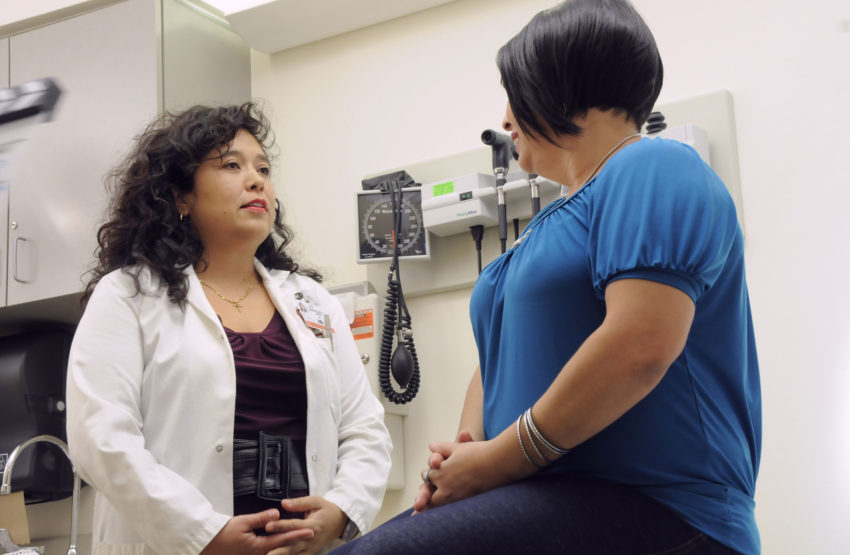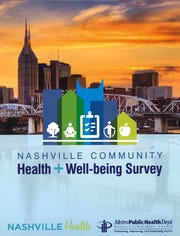
Share On Social!
In Nashville (10.4% Latino), Latinos are one of the city’s largest minority groups.
Yet, they are more than four times as likely to not have health insurance than their white or black neighbors, according to a survey by city officials and NashvilleHealth, a local nonprofit.
“Doctor visits and health insurance are simply out of reach for many Latino families, who struggle with poverty, transportation and language barriers,” officials from two local Latino organizations told The Tennessean.
This is even worse for immigrants who do not have proper documentation and do not qualify for TennCare, the state Medicaid.

More on the Survey
The Nashville Community Health + Well-being survey revealed that one-third of Latinos don’t have insurance and more than half do not have a personal doctor or health care provider. In the past year, merely 46% have visited a doctor for a routine checkup.
“For a certain segment of the American population, who are citizens and have access to all the rights and benefits that you can have in American society, it is just something they cannot afford,” Yuri Cunza, president of the Nashville Area Hispanic Chamber of Commerce, told The Tennessean.
The survey steered through a partnership between the city and a nonprofit and gathered the largest and most comprehensive health data in nearly two decades.
It collected data from 1,805 respondents, spread equitably throughout Davidson County.
Participants were paid $11 to complete a detailed survey.
The survey covers traditional and non-traditional health topics, such as:
- Obesity
- High blood pressure
- Vaping
- Firearm ownership
- Racial discrimination
The survey is meant to serve as a baseline, in which the city can identify its most vulnerable residents and ultimately improve all public health, according to former U.S. Senator Bill Frist, who founded NashvilleHealth.
“We, as a city, are much worse off than people think,” Frist said, “and we can’t sustain Nashville the way we are going. … We have good health care here, but the health and well-being is miserable,” said Frist.
Additionally, Latinos are not the only marginalized group suffering in Nashville.
The survey also showed that residents who are gay, lesbian or bi-sexual were approximately four times as likely to be uninsured than their straight peers.
Citywide:
- 90% of residents had health insurance
- 70% of gay, lesbian and bisexual populations had health insurance
- 67% of Latinos had health insurance
Barriers to Healthcare
Like in many cities, not many doctors speak Spanish in Nashville.
“Language barriers were at the heart of many of the Latino health issues in the city,” said Andrés Martínez, a spokesman for Conexión Américas, a nonprofit that supports Latinos in Nashville.
“Doctors who speak Spanish are few and far between.”
Another barrier? Transportation.
“Some Latino families may not have the driver’s licenses or reliable vehicles needed to travel across the city for a check-up with a Spanish-speaking doctor,” said Martinez.
Explore More:
Healthcare AccessBy The Numbers
25.1
percent
of Latinos remain without health insurance coverage



